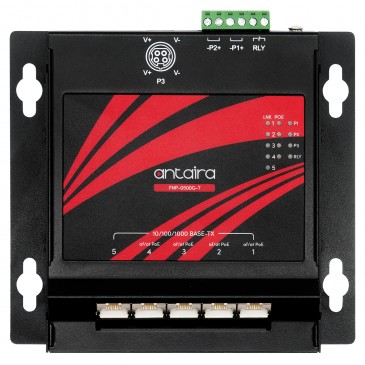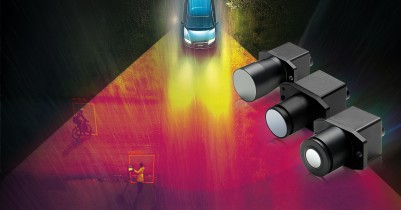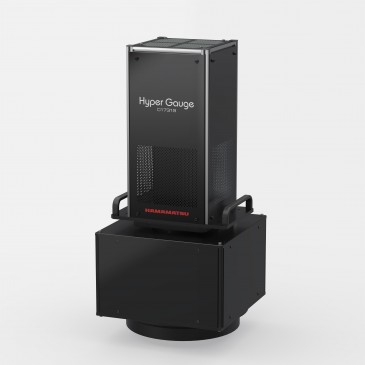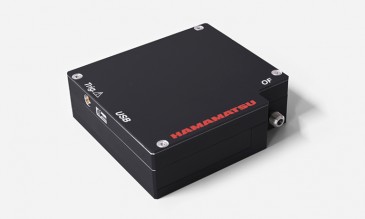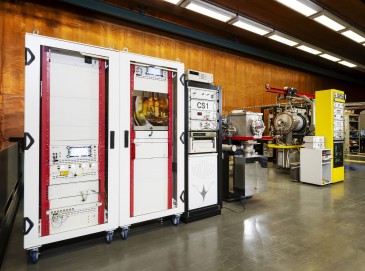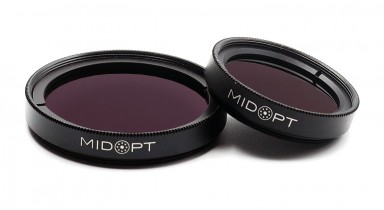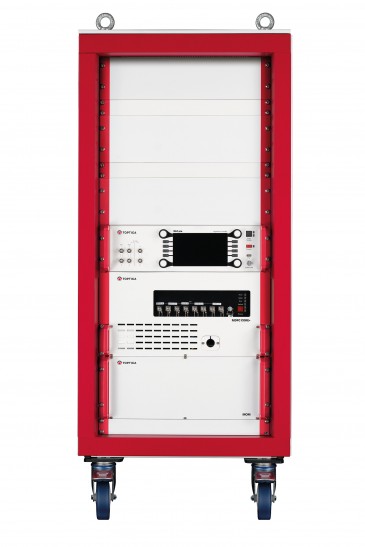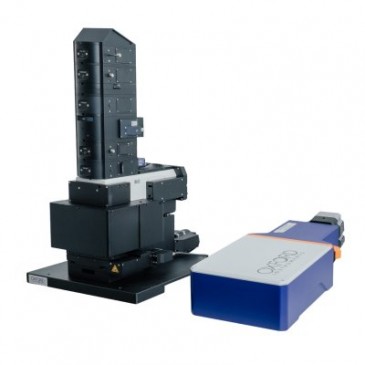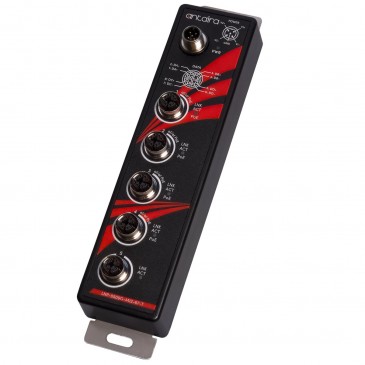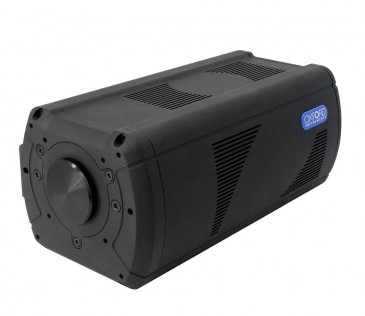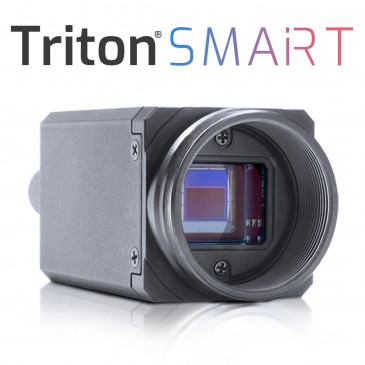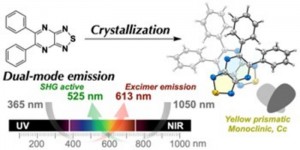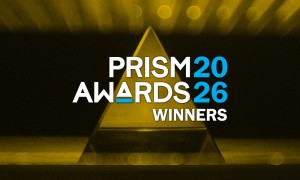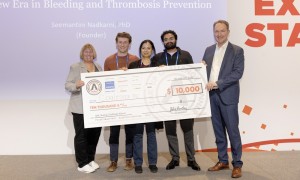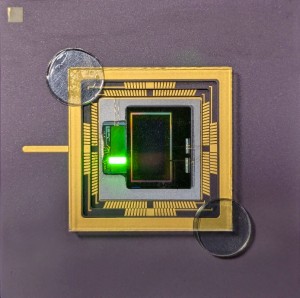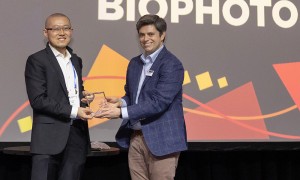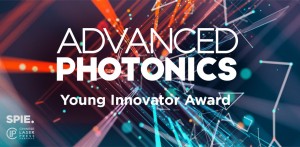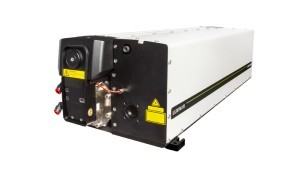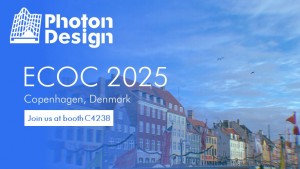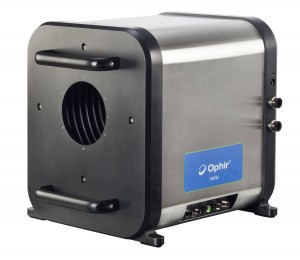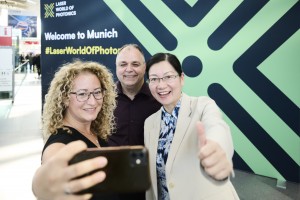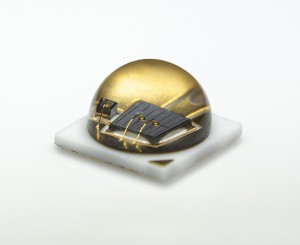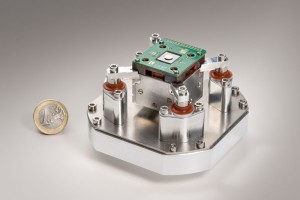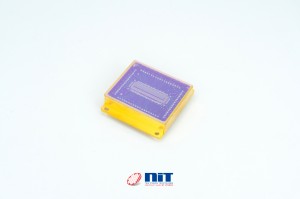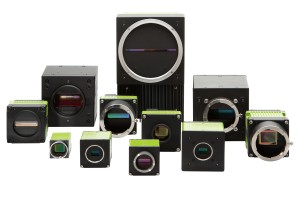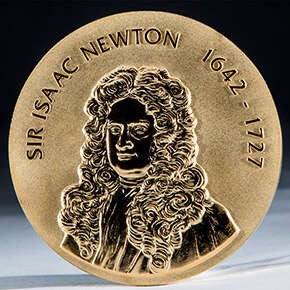
The IOP Awards celebrate the excellence which we know is everywhere in physics – in research, education, outreach and application; in people at all stages of their careers; in all parts of the UK and Ireland and internationally.
And they celebrate people at every stage of their career, from those just starting out through to those at their peak.
IOP President, Sheila Rowan, CBE, said: “On behalf of the IOP, I warmly congratulate this year’s Award winners. Each and every one of them has made a significant and positive impact in their profession, whether as a researcher, teacher, industrialist, technician or apprentice.”
The Isaac Newton Medal and Prize
Professor Margaret Murnane receives the medal and prize for pioneering and sustained contributions to the development of ultrafast lasers and coherent X-ray sources and the use of such sources to understand the quantum nature of materials.
Gold Medals
- Professor Michael William Finnis receives the Paul Dirac Medal and Prize for for opening entire areas of materials physics to rigorous theory and atomic-scale computation, including atomic interactions, irradiation damage, metal–ceramic interfaces, grain boundary embrittlement and ab initio thermodynamics of open systems.
- Professor Nikolay I Zheludev receives the Michael Faraday Medal and Prize for international leadership, discoveries and in-depth studies of new phenomena and functionalities in photonic nanostructures and nanostructured matter.
- Dr Peter Thompson receives the Richard Glazebrook Medal and Prize for outstanding leadership of the National Physical Laboratory and the sustained impact of metrology on UK prosperity and quality of life.
- Dr Andrew James Shields receives the Katharine Burr Blodgett Medal and Prize for pioneering industrial R&D over two decades on quantum communication devices and systems, leading to their commercial exploitation in the UK.
- Dr Eilish McLoughlin receives the Lawrence Bragg Medal and Prize for outstanding leadership in physics teacher education and significant impact on the learning and teaching of physics in Ireland.
- Dr Sharon Ann Holgate receives the William Thomson, Lord Kelvin Medal and Prize for work in communicating science to a wide variety of audiences and for positive representations of scientists from non-traditional backgrounds.
Silver Medals
- Professor Thomas F Krauss receives the Thomas Young Medal and Prize for pioneering contributions to semiconductor photonic nanostructures.
- Professor Kieran Thomas Flanagan receives the Ernest Rutherford Medal and Prize for pioneering contributions to laser spectroscopy of exotic nuclei, particularly the use of resonance ionisation and its application to single-atom sensitivity in mass spectrometry and trace-metal analysis for environmental testing.
- Professor Jonathan N Coleman receives the David Tabor Medal and Prize for groundbreaking research into developing the liquid phase exfoliation process, a scalable method for converting layered materials into two-dimensional nanosheets in large quantities.
- Professor Erminia Calabrese receives the Fred Hoyle Medal and Prize for distinguished work on observational cosmology using the Cosmic Microwave Background to study the origins, content and evolution of the universe, and to probe new regimes of physics.
- Professor Michael Tarbutt receives the Joseph Thomson Medal and Prize for pioneering experimental and theoretical work on the production of ultracold molecules by laser cooling, and the applications of those molecules to quantum science and tests of fundamental physics.
- Professor Benjamin Doyon receives the John William Strutt, Lord Rayleigh Medal and Prize for pioneering contributions to a new hydrodynamic theory for the large-scale behaviours of integrable systems, which had a major influence in condensed matter, cold atomic and statistical physics research.
- Dr Ross K Galloway receives the Marie Curie-Sklodowska Medal and Prize for work in developing, using and communicating research-based approaches to active student learning in physics and other disciplines.
- Professor Gail Reinette ter Haar receives the Peter Mansfield Medal and Prize for distinguished contributions to the field of therapeutic ultrasound, and for the development of methods for the the treatment of cancer in the clinic.
- Professor Philip P Allport receives the James Chadwick Medal and Prize for broad contributions to particle physics instrumentation, most notably in the establishment of radiation-hard silicon sensor technologies and their deployment in large experiments.
- Professor Gianluca Gregori receives the Cecilia Payne-Gaposchkin Medal and Prize for pioneering experiments that have established laboratory astrophysics as a tool to study turbulent magnetised plasmas, particularly dynamo amplification, particle acceleration and heat conduction.
- Professor Roger Barlow receives the Lise Meitner Medal and Prize for distinguished contributions to physics outreach/education, most notably for initiating the Particle Physics Masterclasses, in which hundreds of thousands of school students have participated worldwide over 25 years.
- Professor Martin Howard receives the Rosalind Franklin Medal and Prize for fundamental application of concepts from statistical physics to molecular biology, unlocking mechanisms in diverse areas, including cell memory systems, spatiotemporal protein patterning and cell size control.
- Professor Colin John Lambert receives the Nevill Mott Medal and Prize for visionary theories of quantum-interference-enhanced, molecular-scale electron and phonon transport, which underpin recent designs for molecular-scale memories, sensors, switches and ultra-thin-film thermoelectric materials.
- Professor Daniel Frenkel receives the Sam Edwards Medal and Prize for seminal contributions to the understanding of the kinetics, self-assembly and phase behaviour of soft matter systems, and for developing highly innovative and influential simulation methods.
- Professor Michael Holynski receives the James Joule Medal and Prize for distinguished contributions to the development of quantum sensors, overcoming major technological challenges in underground mapping and demonstrating the detection of application-relevant targets.
For the complete list of Medals and medal winners, click here.

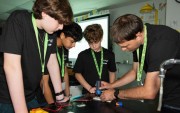


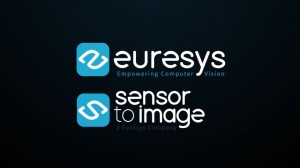
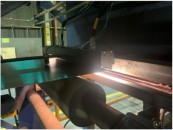

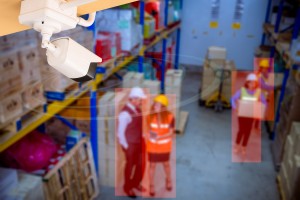
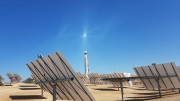

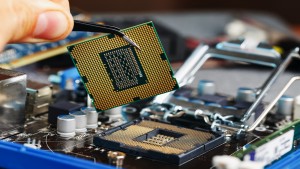

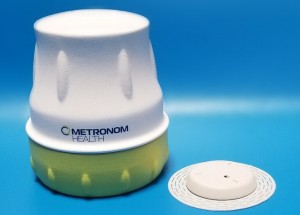
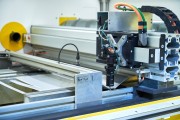

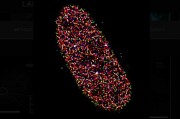
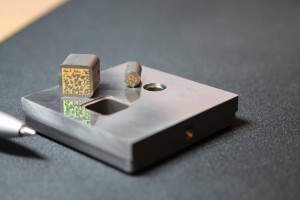
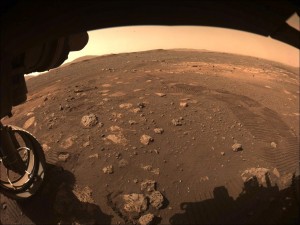
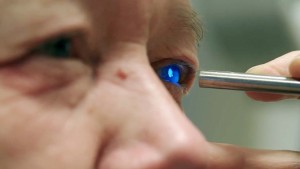
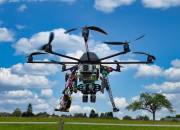
 Back to People
Back to People